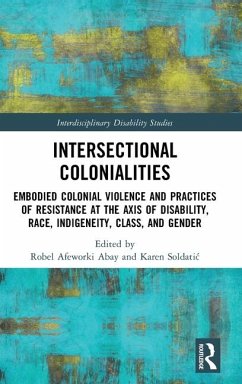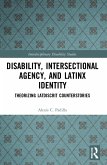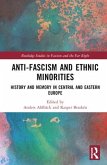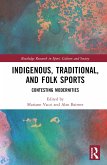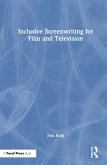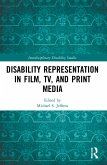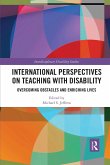This book provides a rich synthesis of empirical research and theoretical engagements with questions of disability across different practices of colonialism as historically defined - post/de/anti/settler colonialism.
It synthesises, critiques, and expands the boundaries of existing disability research which has been undertaken within different colonial contexts through the rich examination of recent empirical work mapping across disability and its intersectional colonialities. Filling an existing gap within the international literature through embedding the importance of grounding these within scholarly debates of colonialism, it empirically demonstrates the significance of disability for the broader scholarly fields of postcolonial, decolonial, and intersectional theories.
It will be of interest to all scholars and students of disability studies, sociology, critical studies, sociology of race and ethic relations, intersectionality, postcolonial and decolonial studies, and human geography.
It synthesises, critiques, and expands the boundaries of existing disability research which has been undertaken within different colonial contexts through the rich examination of recent empirical work mapping across disability and its intersectional colonialities. Filling an existing gap within the international literature through embedding the importance of grounding these within scholarly debates of colonialism, it empirically demonstrates the significance of disability for the broader scholarly fields of postcolonial, decolonial, and intersectional theories.
It will be of interest to all scholars and students of disability studies, sociology, critical studies, sociology of race and ethic relations, intersectionality, postcolonial and decolonial studies, and human geography.

